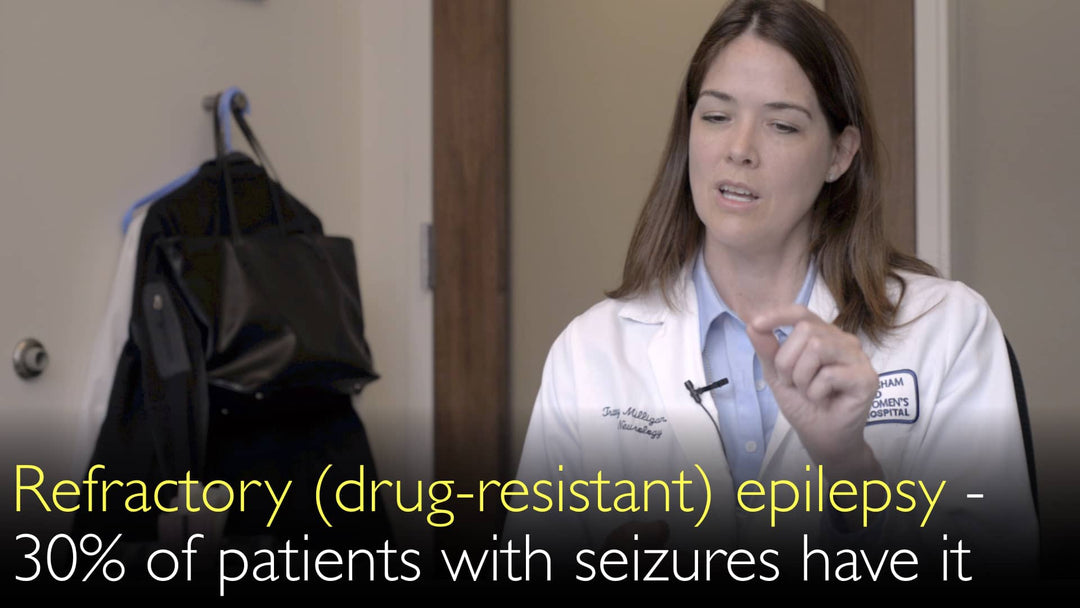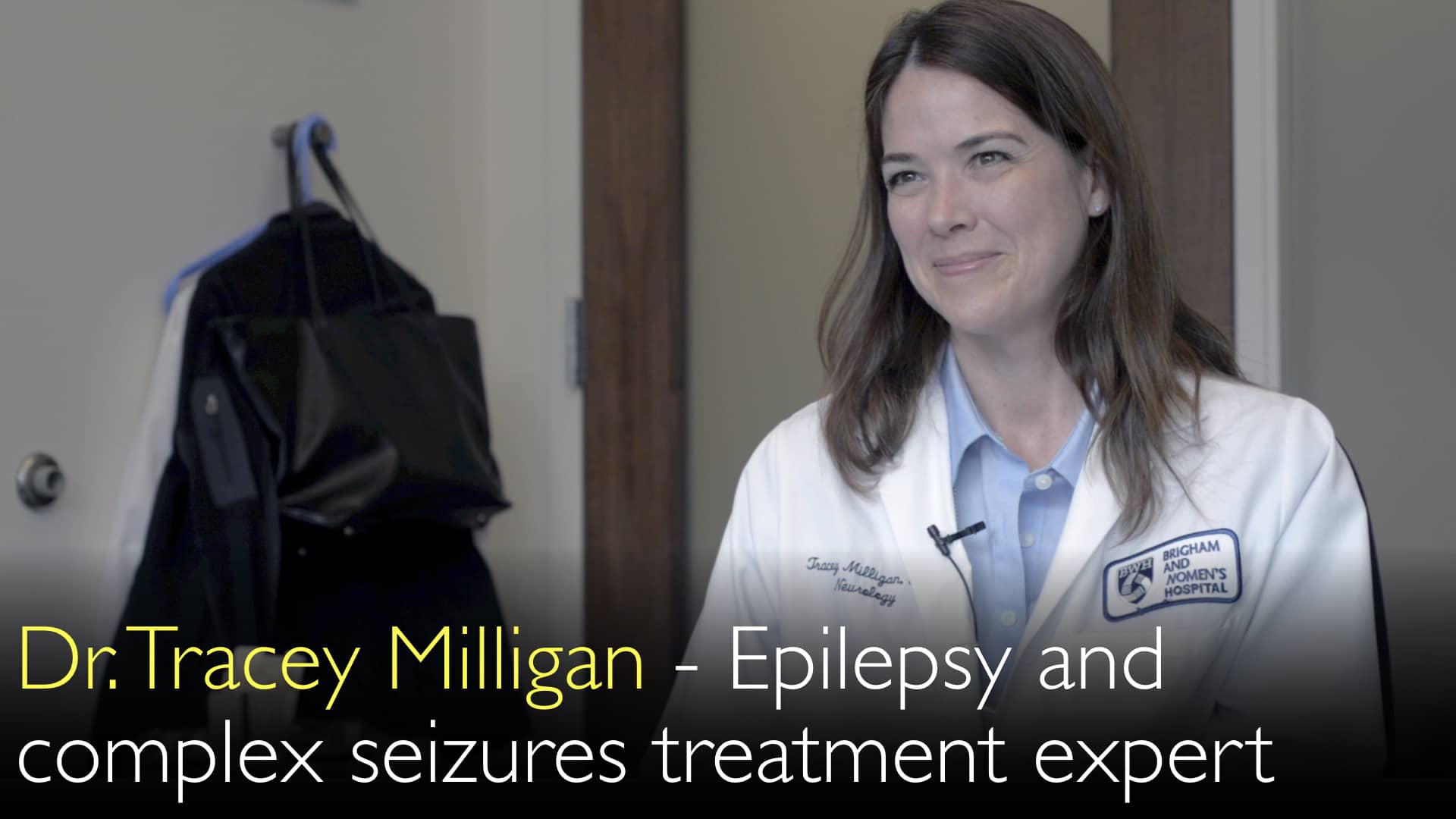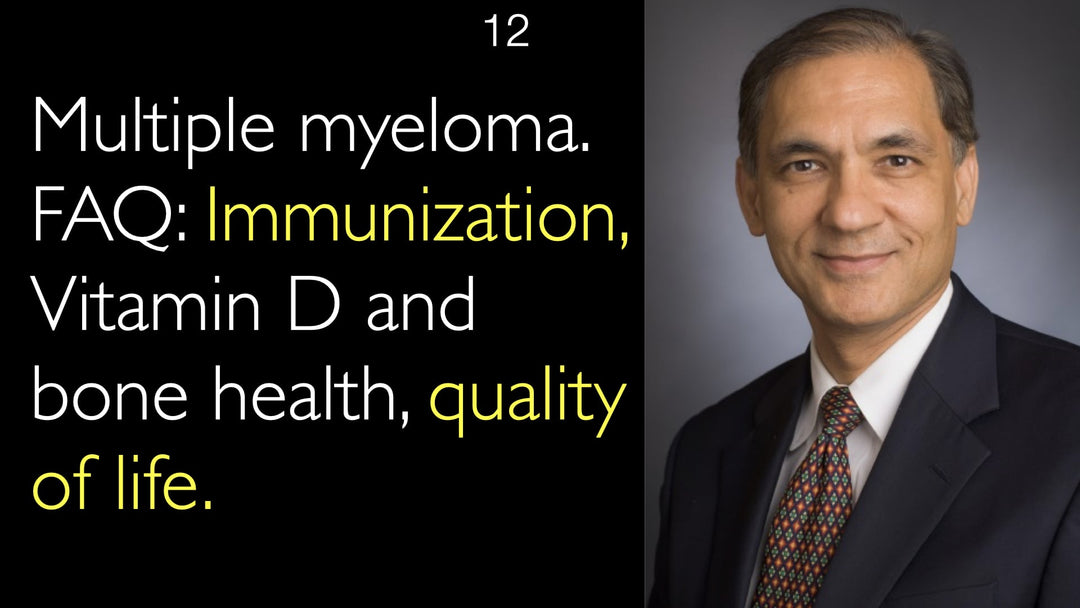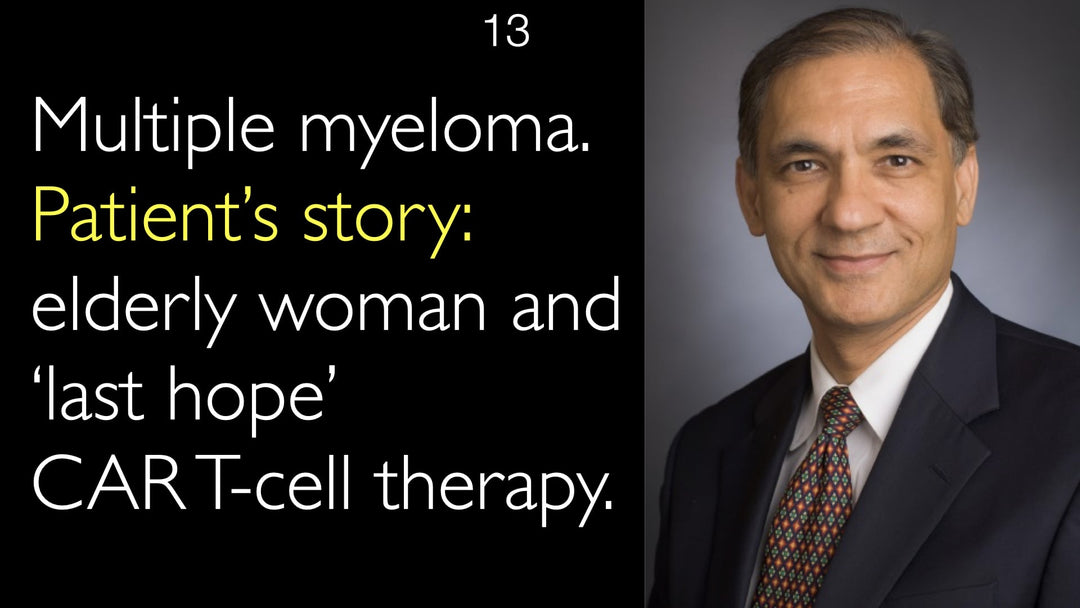Le Dr Tracey Milligan, MD, spécialiste de renom dans le traitement avancé de l'épilepsie, présente l'épilepsie réfractaire. Elle explique que 30 % des patients souffrent de crises résistantes aux médicaments. Le Dr Milligan détaille les critères diagnostiques de l'épilepsie pharmacorésistante et souligne l'importance cruciale de l'IRM cérébrale de pointe pour identifier une cible chirurgicale. Elle décrit également comment la résection neurochirurgicale d'un foyer épileptique peut offrir une solution curative.
Options de traitement avancées pour l'épilepsie pharmacorésistante
Aller à la section
- Qu'est-ce que l'épilepsie réfractaire ?
- Diagnostic de l'épilepsie pharmacorésistante
- Rôle de l'IRM cérébrale dans l'évaluation
- Options de traitement chirurgical
- Potentiel de guérison chirurgicale
- Transcription intégrale
Qu'est-ce que l'épilepsie réfractaire ?
L'épilepsie réfractaire se définit par l'échec des médicaments antiépileptiques à contrôler les crises. Selon le Dr Tracey Milligan, ces traitements sont efficaces chez la majorité des patients. Environ deux tiers d'entre eux parviennent à une absence de crises grâce à un traitement médicamenteux adapté. Le tiers restant continue de présenter des crises malgré le traitement. C'est cette population qui reçoit un diagnostic d'épilepsie réfractaire ou pharmacorésistante.
Diagnostic de l'épilepsie pharmacorésistante
Le diagnostic formel repose sur une démarche systématique. Le Dr Tracey Milligan précise qu'il faut avoir testé au moins deux médicaments antiépileptiques distincts, chacun administré à dose thérapeutique et pris quotidiennement de façon régulière. Ce n'est qu'après l'échec de cette approche optimisée que le diagnostic d'épilepsie pharmacorésistante est posé. Cette rigueur garantit un diagnostic fiable avant d'envisager des traitements plus avancés.
Rôle de l'IRM cérébrale dans l'évaluation
L'imagerie de pointe est essentielle au bilan de l'épilepsie réfractaire. Le Dr Tracey Milligan souligne l'importance d'une IRM cérébrale haute résolution pour identifier une anomalie structurelle à l'origine des crises. L'objectif est de détecter une lésion visible, telle qu'une tumeur bénigne (comme un méningiome) ou une malformation vasculaire (comme un angiome caverneux). La mise en évidence d'un foyer épileptique à l'IRM est un résultat favorable, car il offre une cible potentielle pour une intervention chirurgicale curative.
Options de traitement chirurgical
La neurochirurgie représente une option thérapeutique majeure pour les patients éligibles. Le Dr Tracey Milligan met en avant le rôle des centres spécialisés en épilepsie, qui évaluent les cas résistants aux médicaments. L'objectif principal est l'ablation complète du foyer épileptogène, ce qui nécessite une planification préopératoire précise et un mapping détaillé. L'expertise d'un centre complet est cruciale pour maximiser les chances de succès. Le Dr Anton Titov échange régulièrement avec des spécialistes comme le Dr Milligan sur les techniques les plus récentes dans ces cas complexes.
Potentiel de guérison chirurgicale
L'objectif ultime de la chirurgie de l'épilepsie est la guérison. Le Dr Tracey Milligan confirme que la résection peut s'avérer extrêmement efficace : lorsque le foyer épileptogène est retiré avec succès, les patients peuvent être définitivement libérés des crises. Cette issue transforme la vie des personnes atteintes d'épilepsie pharmacorésistante, en les affranchissant du poids des crises incontrôlées et des médicaments quotidiens. Le Dr Anton Titov relève que ce résultat est réalisable dans un nombre significatif de cas, offrant ainsi un espoir considérable aux patients confrontés à ce diagnostic.
Transcription intégrale
Dr Anton Titov, MD : Vous êtes spécialiste du traitement avancé de l'épilepsie. Qu'est-ce que l'épilepsie réfractaire ? Quelles sont les dernières avancées dans son traitement ?
Dr Tracey Milligan, MD : Oui. L'épilepsie réfractaire correspond à une situation où les médicaments antiépileptiques sont inefficaces. Ces médicaments fonctionnent pour la grande majorité des patients épileptiques et permettent de contrôler les crises. C'est le cas pour environ deux tiers des patients.
Un patient peut être épileptique sans que cela se sache, car il prend un traitement quotidien qui prévient les crises. Cela laisse un tiers des patients pour lesquels les médicaments antiépileptiques ne marchent pas. On parle alors d'épilepsie réfractaire.
Pour poser ce diagnostic, il faut avoir essayé deux médicaments antiépileptiques différents, avec une observance parfaite et une dose thérapeutique adaptée. Si malgré cela les crises persistent, il s'agit bien d'épilepsie réfractaire, aussi appelée pharmacorésistante.
Dr Anton Titov, MD : Que peut-on proposer aux patients atteints d'épilepsie réfractaire ? Comment la traiter avec succès ?
Dr Tracey Milligan, MD : Face à une épilepsie pharmacorésistante, nous cherchons à identifier une lésion cérébrale spécifique. Paradoxalement, quand les médicaments échouent, nous réalisons une IRM cérébrale en espérant y trouver une anomalie.
Nous souhaitons détecter, par exemple, une petite tumeur bénigne comme un méningiome, ou une malformation vasculaire telle qu'un angiome caverneux. Si l'IRM révèle une cause structurelle, une intervention neurochirurgicale peut être curative, à condition que le foyer épileptogène soit accessible et retiré en toute sécurité. Le patient pourrait alors ne plus jamais faire de crise. Ces résultats sont remarquables.
Dans un centre spécialisé comme le nôtre, nous pouvons aider les patients en ayant recours à la neurochirurgie pour éliminer le foyer des crises, avec l'espoir de les guérir définitivement.
Dr Anton Titov, MD : Ce serait effectivement un résultat extraordinaire ! Et cela se produit dans de nombreux cas.








